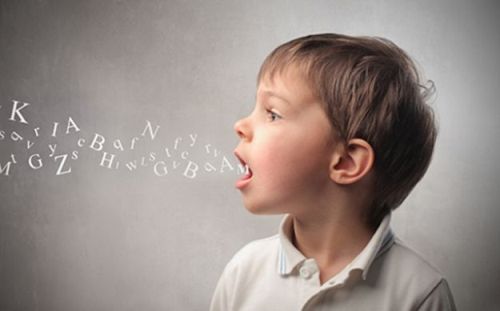Stuttering: When does and how to treat?
Stuttering is a disorder that prevents keep a fluent conversation, i.e. affect only speech and is not, in any case, synonymous of intellectual impairment.
However, the weight of stuttering is that it can cause difficulties for the sufferer to interact when, for fear or panic. Stuttering, detected and treated in childhood, is cured in 80% of cases. A disorder that is still unknown to the general public, especially by the prejudices that surround it.
Having stuttering, although it is not a disease, it can have emotional consequences, especially fear, shame or anxiety when a conversation or public speaking. A disorder which, however, can be treated with positive results in 80% of cases the approach to childhood.
Early detection plays, as in any aspect of health, an essential role. In the case of stuttering, usually begins to manifest after 3 years, with no accurate cause to explain its origin. It will be just as of this moment, and in the first years of life, when it must address the pathology When treatment is begun early in the possibilities of solving the disorder are far greater than when dealing in later (adolescence, adulthood). A treatment that requires psychological support.
Stuttering in children: Tips
In the early detection of stuttering also play an important role in the school and the pediatrician. To do this, the school is an appropriate setting in which usually manifests stuttering or difficulties to speak with the rest of his team mates.
For its part, the pediatrician should know about the characteristics and signs of this disorder to not to be confused with some other learning problem. The stress and nervousness can make stuttering episodes more severe. If we want to help a person who stutter should not hurry him to speak, having avoided to correct them or to finish his sentences, since these conducts can do that he feels more nervous.
Children who stutter often prolong and repeat sounds, words or syllables and experience hangs when speaking. Other signs of stuttering in the smaller the changes in speech rate, altered respiration rate, nervousness, anxiety, or excess muscle tension.
If the smallest of the house stutter, as specialists’ advice, we must avoid saying to him that he should speak more slowly and should not become nervous, since although we think that we are helping him, actually we do not do it. It is important to speak with him without hurry, speaking slowly and not urging him at the time of giving and obtaining the responses and, above all, paying attention. If the child perceives that no one is listening it can become more nervous and to stutter more.
